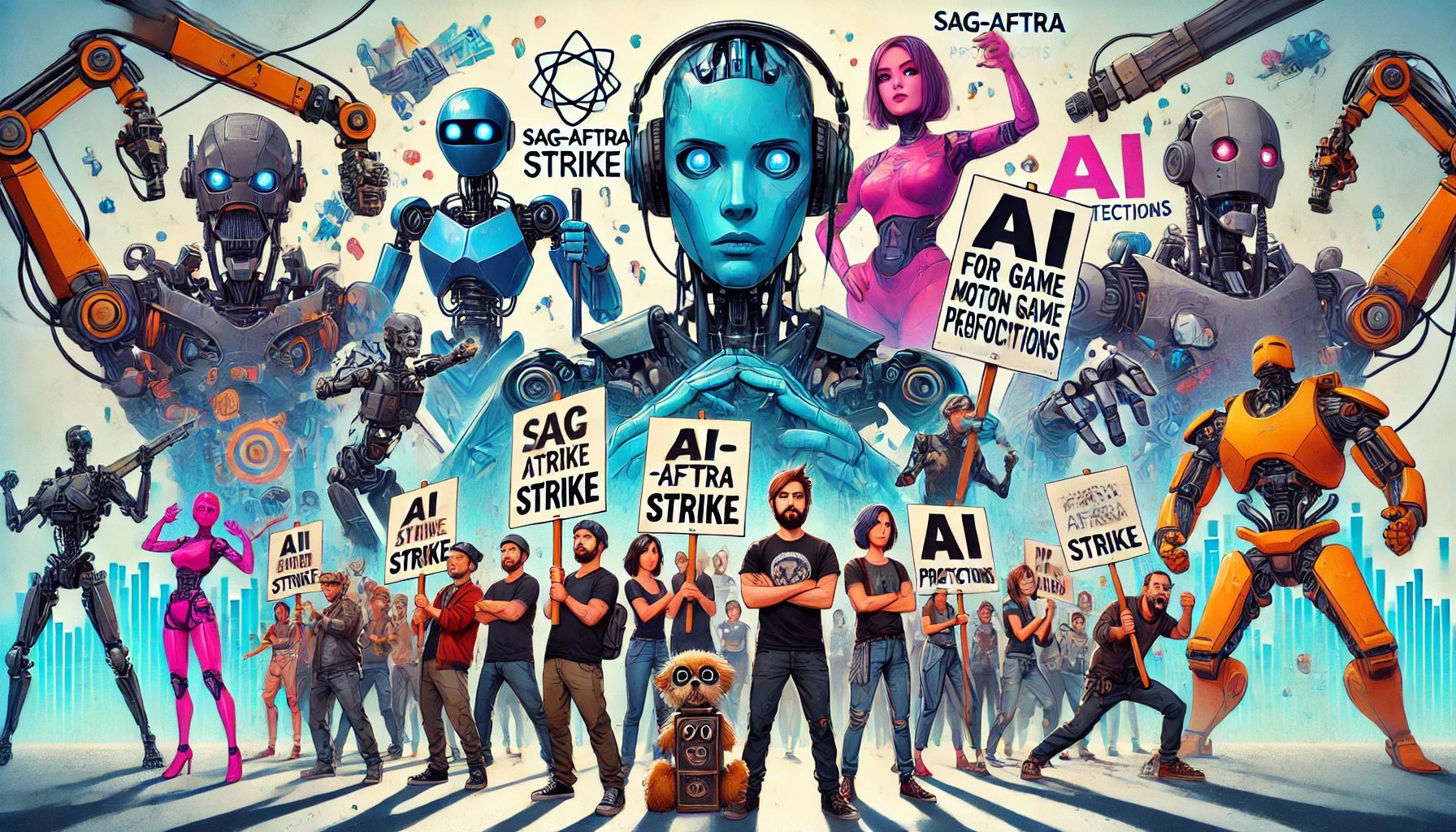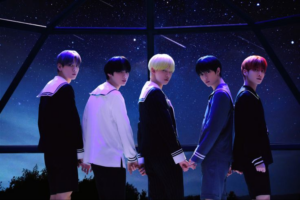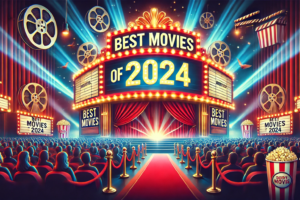SAG-AFTRA’s Fight for AI Protections: What it Means for Voice Actors and the Future of Gaming
The intersection of artificial intelligence (AI) and the entertainment industry has sparked debates, particularly regarding the use of AI to replace or replicate human performers. This conversation has gained momentum within the video game industry, as voice actors and motion capture performers find themselves at the center of negotiations over AI protections. The ongoing SAG-AFTRA strike, driven by demands for stronger AI voice actor protections, has set the stage for an industry-wide reckoning. With studios adopting AI technology and performers calling for ethical safeguards, it’s clear that the future of gaming and entertainment hangs in the balance.
As we explore the intricacies of the voice actor strike, the issues surrounding AI, and the agreements shaping this debate, it becomes clear that both creators and players must be mindful of the evolving landscape.
The Voice Actor Strike in the Video Game Industry
The SAG-AFTRA video game strike represents a pivotal moment in the gaming industry. While labor strikes have long affected sectors like film and television, the ongoing action marks only the second time that video game performers have walked off the job. The strike, which includes voice actors, motion capture performers, and other professionals, has centered around the growing role of AI in video game development.
For voice actors, AI poses a significant threat. Studios have begun to experiment with AI voice cloning technology, which can replicate a performer’s voice without their consent or proper compensation. This has sparked widespread concern among actors, leading to calls for stricter AI voice actor protections. Performers worry that AI-generated voices could replace them, undermining their livelihoods and diminishing the need for human talent.
The strike has emphasized the need for a new video game AI agreement that addresses these concerns head-on. Voice actors are not alone in this battle; motion capture performers, whose facial expressions and body movements are integral to many modern games, have also voiced their concerns over AI replacing their work(The National Law Review).
Why AI Protections Matter for Voice Actors
AI is a powerful tool, but without proper oversight, it can lead to exploitation. AI voice actor protection is crucial because the technology can mimic a performer’s voice to such a degree that it becomes indistinguishable from a real performance. Without protections in place, game developers could license a digital version of an actor’s voice for a one-time fee and use it indefinitely, cutting out the need for ongoing contracts and compensation.
This concern has led to calls for more comprehensive SAG-AFTRA AI protections, ensuring that performers maintain control over how their likenesses and voices are used. The union is pushing for clauses in contracts that require studios to obtain explicit consent before using AI to replicate a performer’s voice or likeness. These measures would prevent studios from exploiting digital replicas without offering fair compensation.
As AI becomes more sophisticated, the line between human performance and AI-generated content will continue to blur. Without appropriate regulations, voice actors could see fewer opportunities for work, especially in the realm of non-playable characters (NPCs), where many actors begin their careers.
AI Voice Cloning in Video Games: A New Frontier
The debate surrounding AI voice cloning in video games isn’t just about technology; it’s about ethics. As AI evolves, developers are increasingly turning to generative AI to create realistic, human-like characters in games. While this innovation can enhance the player experience, it also raises questions about the value of human labor in the creative process.
Many video game studios are eager to embrace AI as a cost-effective way to produce high-quality voiceovers and animations. By using AI voice cloning, they can generate an infinite number of lines from a single recording session. This approach saves time and money, but it also devalues the role of the performer. The ability to recreate a voice indefinitely without paying the actor for each usage has raised alarm among industry professionals(Voice of America)(The National Law Review).
The gaming industry, a multi-billion-dollar market, relies heavily on the creativity and skills of voice actors, writers, and developers to bring characters to life. If voice acting AI concerns are not addressed, the industry could shift toward an automated future where AI-generated voices dominate, reducing the opportunities for human performers. This could also lead to a homogenization of voices, limiting the diversity and uniqueness that performers bring to their roles.
The Role of Motion Capture and Performance Actors
While much of the debate has centered on voice actors, motion capture actors are also at risk. AI has the potential to replicate facial expressions, movements, and performances, rendering human actors less essential in some instances. This technology is already being used in the film industry, and it’s quickly making its way into gaming.
Motion capture performers, who are responsible for capturing both body and facial movements, are fighting for similar protections to those sought by voice actors. The concern is that AI could be trained to generate the performances needed for a game without ever requiring an actor to step into a studio. With SAG-AFTRA AI protections still being debated, motion capture actors are pushing for stronger agreements that guarantee their roles are safeguarded from AI replacement(Voice of America).
The Video Game Industry’s Response to AI and Strikes
The video game industry has been slow to adopt sweeping AI protections, though some progress has been made. Major game studios, including divisions of Activision and Warner Bros., have engaged in negotiations with SAG-AFTRA, but as of now, no final agreements have been reached.
The push for a new video game AI agreement is not just about preventing the misuse of AI; it’s about shaping the future of gaming. Developers and performers are grappling with how to integrate AI in ways that enhance, rather than undermine, the industry. While generative AI offers exciting possibilities, it must be implemented with care and consideration for the human talent that has long driven the success of the gaming sector(The National Law Review).
The Future of AI in Video Games
The future of AI in video games is both exciting and uncertain. While AI can certainly streamline production and create new opportunities for immersive gameplay, the concerns voiced by performers are valid. Without strong AI voice actor protection and ethical regulations, the industry risks alienating the very people who bring characters to life.
The ongoing SAG-AFTRA video game strike represents a crucial turning point. As the gaming world continues to evolve, the agreements made today will have a lasting impact on how AI is used in the future. Players, developers, and performers alike should be aware of the stakes involved, as the decisions made now will shape the future of the industry.
The potential for AI voice cloning, motion capture replacement, and generative AI in gaming is vast. However, ensuring that human creativity remains at the forefront of game development is essential. As AI becomes more prevalent, it’s crucial that performers are treated fairly and compensated appropriately for their contributions to the world of video games.
The SAG-AFTRA strike has cast a spotlight on the role of AI in gaming and the need for comprehensive protections for performers. Both voice actors and motion capture actors are fighting to ensure that AI does not replace their talents or undermine their contributions to the industry. With AI voice actor protections at the heart of the negotiations, it’s clear that the future of gaming depends on finding a balance between technological innovation and fair treatment of performers.
As the video game industry moves forward, it will be essential to develop AI agreements that protect human creativity while allowing for technological advancements. To learn more about the ongoing strike and how it’s reshaping the gaming landscape, visit Regent Studies for further insights and resources on the impact of AI in entertainment.




